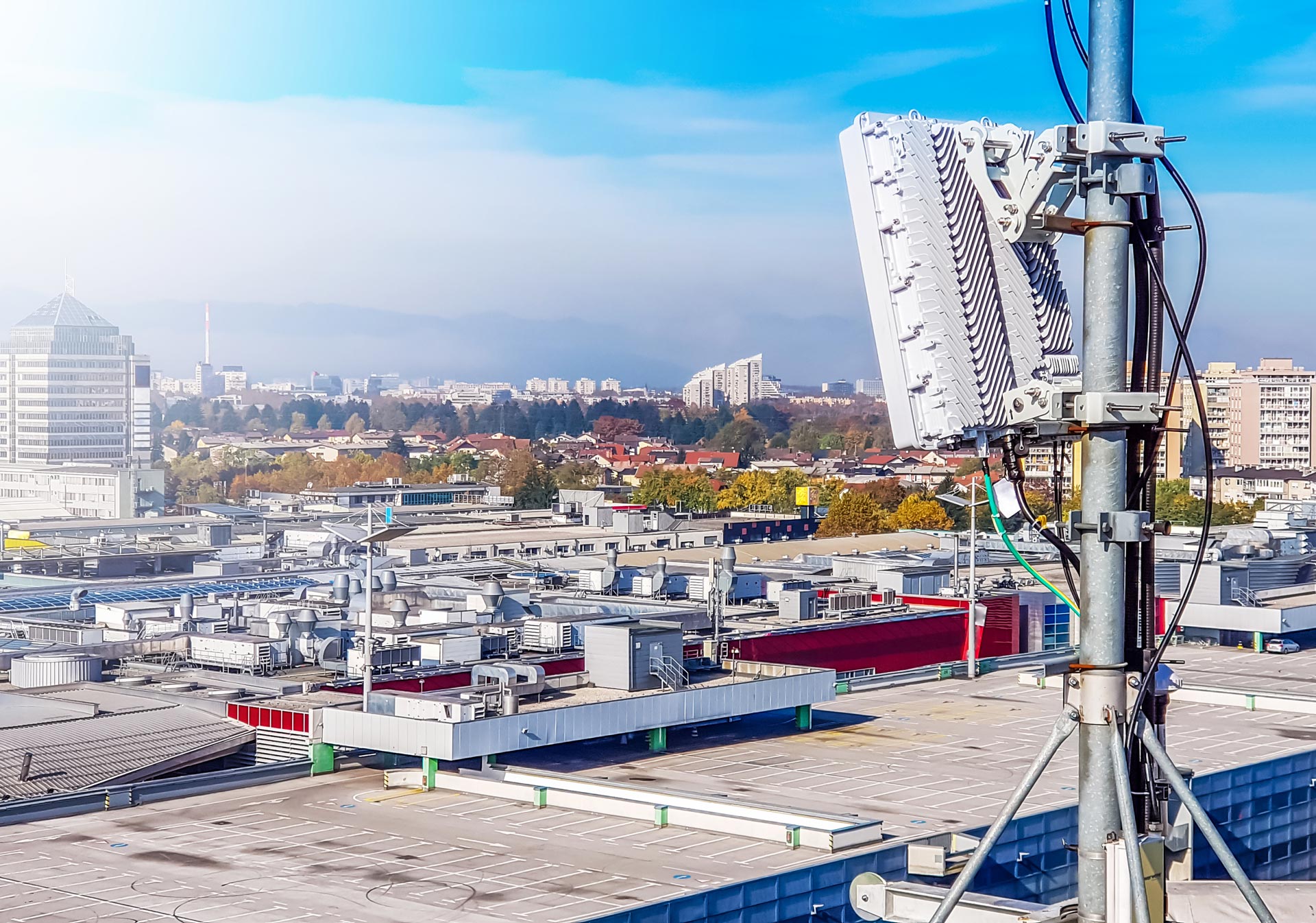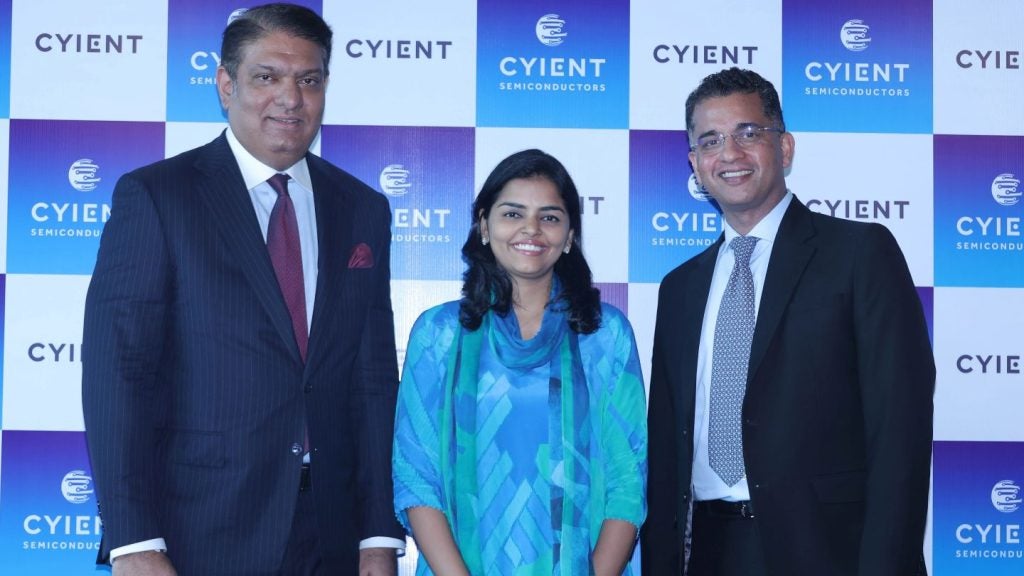
A host of world leaders have been forced to make statements about the safety of 5G after public fears about the technology’s impact on health and the environment have increased, prompting protests in some countries.
Campaigners have argued that radiation from 5G equipment’s radio waves poses a public health risk, despite World Health Organization guidelines confirming that the technology’s radio frequency levels are dramatically lower than the point at which they would pose a threat to safety.
There have also been concerns about the technology’s threat to the environment, particularly birds, despite claims about tests causing the death of hundreds of birds being debunked.
However, concerns about the technology remain, and are in some cases causing delays to the rollout of 5G.
In the UK town of Totnes campaigners have persuaded council members to block the installation of 5G infrastructure until further research into its impact on long-term safety is conducted.
Meanwhile in Switzerland, a reported 3,000 people attended a protest in Bern against the rollout of 5G infrastructure, with some parliamentarians in the country now resisting the rollout over health concerns.
5G safety reaffirmed by governments
Growing concerns, fuelled by social media, have forced government ministers from a host of nations to make statements confirming that the technology is safe.
In the UK Digital Minister Matt Warman made comments this week in response to the Totnes moratorium on 5G, tweeting that the technology “poses the same risk as talcum powder and pickled vegetables”.
“There is no credible evidence to back up concerns and huge evidence for the economic benefit of gigabit-capable networks,” he wrote.
Similar comments have been made by Australian Minister for Communications, Cyber Safety and the Arts Paul Fletcher, who tweeted that 5G electromagnetic energy emissions were “at similar levels to baby monitors & microwave ovens & 100 times or more below safety limit”.
South Korea’s Minister of Science and Information and Communication Technology Ki-Young Choi, has also addressed the subject, arguing that concerns about the technology were “completely groundless”.
However, other politicians have been more hesitant about the technology’s safety, such as French Green MEP Michèle Rivasi, who has repeatedly called for a health impact assessment of 5G infrastructure.
“I prefer to apply the precautionary principle and have more studies to know the consequences of technology,” she said.
Read more: Future of Baltic 5G policy to be hashed out in landmark hackathon







